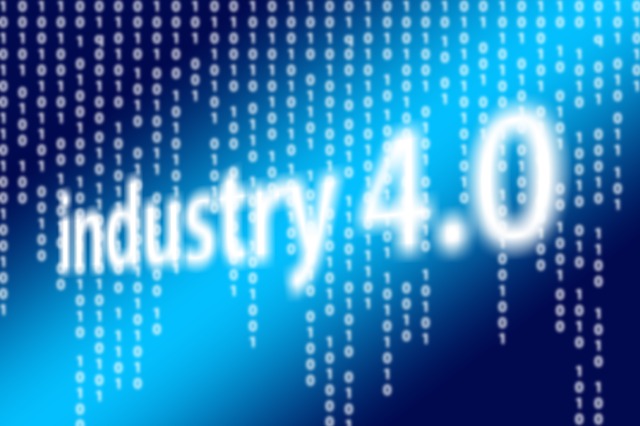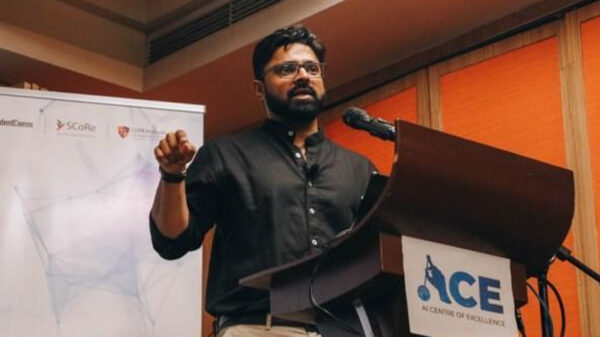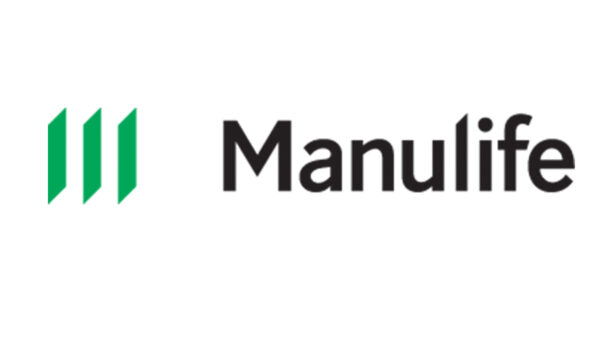Senior business executives and government agency leaders from around the world lack confidence in their organizations’ readiness to influence and harness the opportunities offered by the Fourth Industrial Revolution (Industry 4.0), according to a research report by Deloitte Global entitled “The Fourth Industrial Revolution is Here — Are You Ready?”
Industry 4.0 is characterized by the marriage of physical and digital technologies, such as analytics, artificial intelligence, cognitive computing and the internet of things (IoT). Deloitte Global surveyed 1,600 C-level executives across 19 countries and conducted select in-person interviews to explore their readiness to leverage Industry 4.0 to benefit customers, employees, communities and other key stakeholders.
“The rapidly advancing technologies driving Industry 4.0 are bringing about social and economic change rapidly in an environment of unparalleled global connectivity and demographic change,” said Punit Renjen, Deloitte Global CEO. “It’s a time of great opportunity, but also risk. We developed this research to better understand how executives are navigating the pervasive shift and to uncover areas where they can more effectively influence how the Fourth Industrial Revolution impacts their organizations and society.”
The questions focused on four major topics: social impact, strategy, talent/workforce, and technology. The survey results indicate that while executives conceptually understand the changes Industry 4.0 will bring, they are less certain how they should act to benefit from those changes. In each of the four areas of impact, the survey uncovered some degree of contradiction:
Social Impact:
Optimism versus ownership — While executives see a more stable future with less inequality, they are less confident about the roles they or their organizations can play in influencing society in an Industry 4.0 era.
- An overwhelming (87 percent) proportion believe the Fourth Industrial Revolution will lead to more social and economic equality and stability, and two out of three say business will have much more influence than governments and other entities in shaping this future.
- However, less than a quarter believe their own organizations can influence key societal factors such as education, sustainability and social mobility.
Strategy:
Static versus dynamic — Executives acknowledge they may not be ready to harness the changes associated with Industry 4.0, but these reservations have not compelled them to alter their strategies.
- Only one-third are highly confident they steward for their organizations during this time of change. Just 14 percent are highly confident that their organizations are ready to fully harness the changes associated with Industry 4.0.
- Many executives are sticking with a focus on traditional domains (i.e., developing products and increasing productivity) instead of shifting their focus toward developing talent and driving competitive disruption that could spur innovation and create value.
Talent/Workforce:
Evolution versus revolution — Executives are not confident they have the right talent to be successful in Industry 4.0. However, they feel they are doing all they can to build the right workforce, despite talent ranking low on their list of priorities.
- Only a quarter are highly confident they have the right workforce composition and the skill sets needed for the future.
- Interestingly, 86 percent say they are doing everything they can to create a workforce for Industry 4.0. Yet, responses indicate that HR topics remain a low priority, other than aiming to increase worker efficiency.
- For companies that have placed Industry 4.0 talent implications high on their priority list, they are exploring the potential for new roles that that allow people to play to their strengths while leveraging technology for greater innovation, alternative work environments, and new approaches to learning and development.
Technology:
Challenged versus prepared — Executives understand they need to invest in technology to drive new business models. However, they have a hard time making the business case to fully address Industry 4.0 opportunities because of a lack of internal strategic alignment and short-term focus.
- Executives acknowledge that their current investments in technology are strongly influenced by the desire to create new business models which they believe will have one of the biggest impacts on their organizations.
- However, very few executives say they are able to make a strong business case for investing in the technologies that define the Fourth Industrial Revolution. They cite a lack of internal alignment, a lack of collaboration with external partners, and a focus on the short term.
The research revealed that, overall, executives around the world are in the early stages of readying their organizations to harness the full potential of Industry 4.0. They will need to seize opportunities to strengthen key connections that will benefit their clients, their people, their organizations, their communities and society more broadly:
- Social impact. Accept that each and every organization has the power to influence, in multiple ways, the promise of the Fourth Industrial Revolution to create a more equitable and stable world.
- Strategy. Take a holistic approach to strategic planning, exploring how core capabilities can be enhanced by new ones to develop new products and services, and create new value for a broader range of stakeholders.
- Talent and workforce. Make it a priority to prepare workers to navigate the age of Industry 4.0 by creating a culture of learning and collaboration, and creating training opportunities — both within the organization and in underserved communities.
- Technology. View technology as the most powerful differentiator in an Industry 4.0 world and invest in integrating new applications that can support new business models. And — most importantly — understand that Industry 4.0 technologies shouldn’t be limited to just one part of the organization, but integrated across the organization to better support a broad spectrum of responsibilities and stakeholders necessary to thrive in a 4IR world.
“I believe those who take a broad view will be the ones to succeed in this new era,” noted Renjen. “They will see connections between business and social needs; between financial outcomes and innovative strategies; between workforce productivity and people’s sense of stability and well-being; between integrating existing technologies and creating completely new solutions.”

















































































































